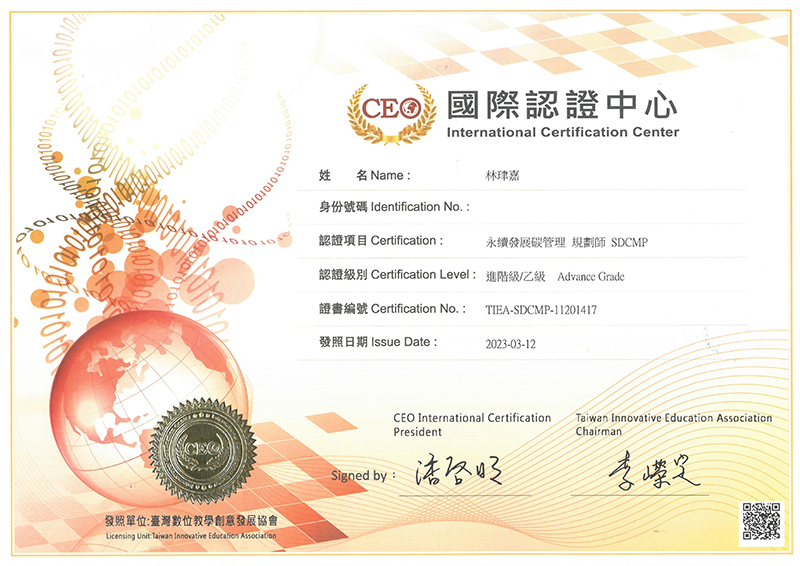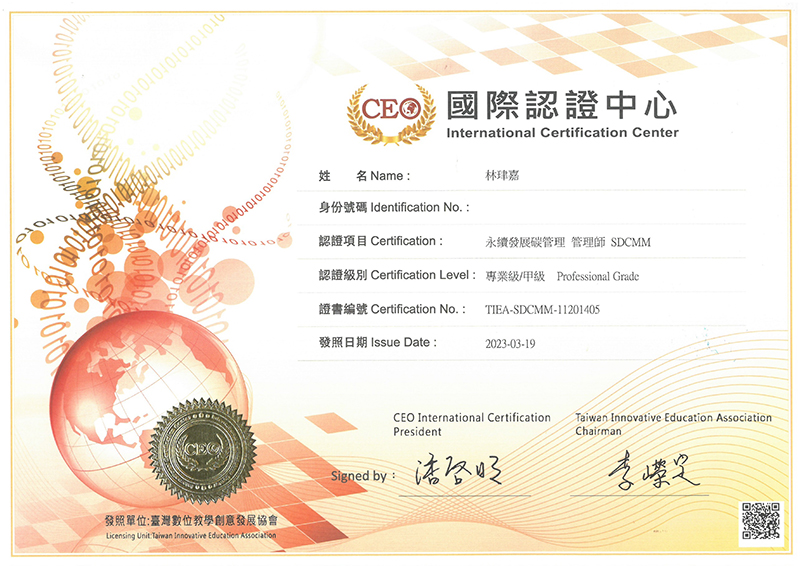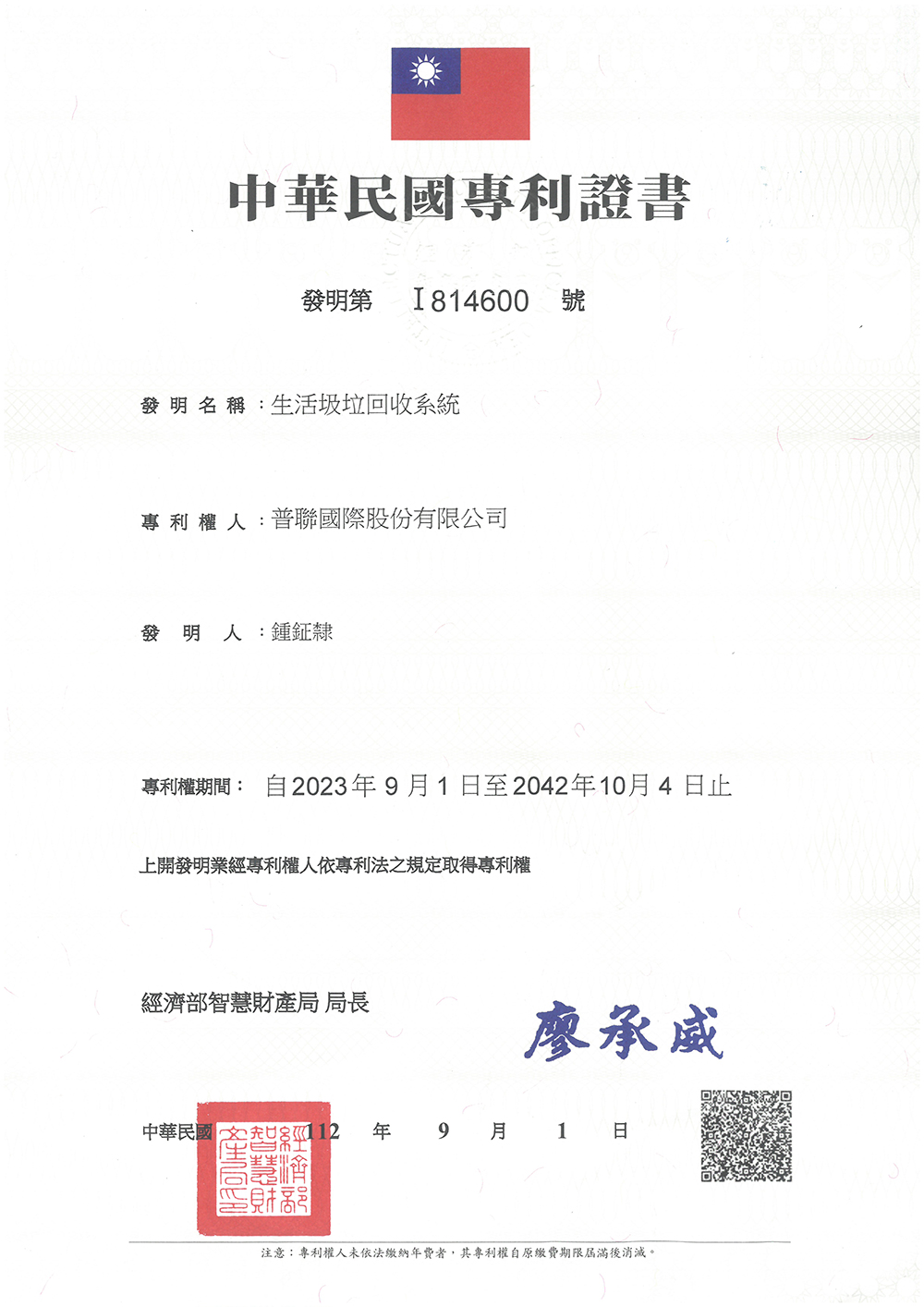Solid Recovered Fuel Machine ARM-series
Humans produce about 2 billion tons of solid waste a year. With therise of environmental awareness, more and more emerging countries are regulating foreign garbage, "Dealing with own garbage it yourself” has become the top priority of local government authorities.
To solve the waste detoxification problem, the government vigorously promotes waste-derived fuel (RDF), which will be upgraded to Recycling (SRF), re-recognizing waste as a resource is also a green fuel energy source.
Industrial Waste
 Industrial waste plastic pelleting |
 Rubber sole pelleting |
 PET cloth pelleting |
 PET cloth pelleting |
 Glass cloth pelleting |
Domestic Waste
 Domestic waste Briquetting |
Organic Waste
 Dead leaf pelleting |
 Pennisetum pelleting |
 Straw pelleting |
 Straw briquetting |
 Coffee grounds tablets |
According to EPA version 112.01.11 "Guidelines and Quality Standards for Solid Recovered Fuel Manufacturing Technology"
1. In order to promote waste-to-fuel conversion and enhance the selection of solid recovered fuel (SRF) technology and quality management, this standard is established.
2. The term "Solid Recovered Fuel" (SRF) in this standard refers to using waste with suitable combustibility as fuel, which must also comply with the fuel quality standards listed in Appendix 1. It may also be referred to as solid recovered fuel or solid reuse fuel.
3. This standard is applicable to treatment facilities or reuse institutions that utilize non-hazardous, combustible solid waste to manufacture SRF, or to facilities that convert non-hazardous, combustible solid waste from their own premises into SRF for use as boiler fuel.
4. The term "combustible waste" as mentioned in this standard:
(a) Refers to waste that is combustible and can be directly used or processed into fuel. The classification of waste suitable for SRF raw material, waste names, and applicable items are listed in Appendix 2.
(b) Excludes hazardous business waste or medical waste plastics as defined by relevant regulations.
(c) Excludes waste electrical appliances (R-1901 to R-1908), metal products, ash (D-1101 to D-1199), solidified fly ash (D-2002), waste catalysts (D-1499), inorganic sludge (D-0902), and other non-combustible waste designated by the competent authority.
5. The primary users of SRF include industrial boilers (including fluidized bed boilers, large-scale moving bed boilers with a steam capacity of 13 tons/hour or more; for other industrial boilers that do not fall under the mentioned types, approval from the competent authority or the authority in charge of the specific industry is required), cement rotary kilns, metal smelting furnaces, high-temperature smelting facilities with a temperature above 1,300 degrees Celsius and a length exceeding 40 meters, designated combustion power generation equipment that complies with the regulations for the installation and management of renewable energy power generation equipment, and waste-to-energy equipment that is not incineration facilities.
Types of waste suitable for solid recovered fuel raw materials
| Waste Classification | Waste Name | Applicable Items |
| Waste Plastic | Waste Resin | Non-hazardous resins such as adhesives, etc. (D-0202) |
| Mixed Waste Plastics | Non-category announcement should recycle or reuse waste plastic or its mixture (D-0299) | |
| Waste Plastic | Waste plastics (Common, Ministry of the Interior) or waste plastics (containers) that can be directly reused according to the announcement of the central competent authority (Ministry of Communications, Communications Association) (R-0201). According to the general waste removal and treatment methods announced by the Environmental Protection Agency, households or other sources of production produce waste plastics that are not recyclable waste (Environmental Protection Agency). | |
| Waste Plastic (PET) | Announcement that waste should be recycled (R-0202) | |
| Waste Plastic (PE) | Announcement that waste should be recycled (R-0204) | |
| Waste Plastic (PP) | Announcement that waste should be recycled (R-0205) | |
| Waste Plastic(PS Foam) | Announcement that waste should be recycled (R-0206) | |
| Waste Plastic(Unexpanded PS) | Announcement that waste should be recycled (R-0207) | |
| Waste Plastic (Other Plastics) | Announcement that waste should be recyclede (R-0208) | |
| Waste Biomass Plastics (PLA) (PLA) | Announcement that waste should be recycled (R-0211) | |
| Waste Rubber | Mixed Waste Rubber | Non-category announcement should recycle or reuse waste rubber or its mixture (D-0399) |
| Waste Rubber | Waste rubber that can be directly reused according to the announcement of the central competent authority (Ministry of Economic Affairs, Ministry of the Interior) (R-0301) | |
| Waste Paper | Mixed Waste Paper | Non-category announcement should recycle or reuse waste paper or its mixture (D-0699) |
| Waste Paper | Waste paper that can be directly reused according to the announcement of the central competent authority(commonality, Ministry of Transportation) (R-0601) | |
| Pulp paper waste | Pulp and paper that can be directly reused according to the announcement of the central competent authority Paper waste (Ministry of Economic Affairs) (R-0604) | |
| Waste wood | waste wood pallets | Abandoned wooden pallet (D-0701) |
| waste wood mixture | Non-category announcements should recycle or reuse waste wood or mixtures thereof (D-0799) | |
| Waste wood | Waste wood (boards, chips) that can be directly reused according to the announcement of the central competent authority (Ministry of Communications, Ministry of the Interior) or waste wood (boards, chips, wooden poles, wooden crossarms or sleepers) (Ministry of Economic Affairs, Communications Association) (R-0701) | |
| Waste fiber | Waste fiber | Refers to discarded fibrous waste (D-0801) |
| Cotton waste | Refers to discarded waste containing cotton waste (D-0802) | |
| Waste cloth | Refers to waste cloth waste (D-0803) | |
| Waste fibers or other mixtures of cotton, cloth, etc. | Refers to waste fibers, cotton waste, cloth or mixtures thereof that cannot be sorted (D-0899) | |
| Waste man-made fiber | Waste man-made fibers that can be directly reused according to the announcement of the central competent authority (Ministry of Economic Affairs) (R-0801). According to the general waste removal and disposal methods announced by the Environmental Protection Agency, households or other properties Waste natural or man-made fiber cloth after sorting old clothes from raw materials (Environmental Protection Agency). | |
| Textile residue | Textiles that can be directly reused according to the announcement of the central competent authority Residue (Ministry of Economic Affairs) (R-0802) | |
| Sludge | Pulp and paper sludge | Pulp and paper sludge that can be directly reused according to the announcement of the central competent authority (sludge produced in wastewater treatment equipment in the pulp, paper and paper product manufacturing industry) (Ministry of Economic Affairs) (R-0904) |
| Textile sludge | Textile sludge that can be directly reused according to the announcement of the central competent authority (sludge produced in wastewater treatment equipment or produced in the production process of waste water produced in the process of man-made fiber in the textile industry and plastic raw material manufacturing industry and man-made fiber manufacturing industry) ( Ministry of Economic Affairs) (R-0906) | |
| Animal and plant waste | Bagasse | Bagasse that can be directly reused according to the announcement of the central competent authority (bagasse produced in the sugar production process of the sugar industry) (Ministry of Economic Affairs) (R-0102) |
| Mushroom cultivation waste bag | According to the announcement of the central competent authority, it is a waste bag for mushroom cultivation that can be directly reused. (COA) (R-2401) | |
| Vegetable waste | Plant waste residues that can be directly reused according to the announcement of the central competent authority (plant waste residues generated during the production process of the food and beverage manufacturing industry, the waste residues must not be chemically treated, and must not contain sludge from wastewater treatment. However, according to relevant. It does not apply to those identified as hazardous industrial waste by regulations. )(Ministry of Economic Affairs) (R-0120) | |
| Refers to plant waste residues (D-0102) | ||
| Waste | General garbage generated from business activities | Wastes generated by business activities (including business activities) that are similar in nature to general garbage and that do not belong to other types of industrial waste. Subject to mechanical sorting equipment (Mechanical Treatment, MT) or mechanical biological treatment procedures (Mechanical Biological Treatment, MBT) The sorted combustible waste can be used as SRF raw material. (D-1801) |
| General waste | According to the general waste removal and disposal methods announced by the Environmental Protection Agency, general garbage produced by households or non-business sources (Environmental Protection Agency). Subject to mechanical sorting equipment (Mechanical Treatment, MT) or mechanical biological treatment procedures (Mechanical Biological Treatment, MBT) The sorted combustible waste can be used as SRF raw material. (H-0001) | |
| Domestic waste of business employees | According to the general waste removal and disposal method announced by the Environmental Protection Agency, the general garbage produced by households or non-business sources and the waste generated by the employees of the business (Environmental Protection Agency) Subject to mechanical sorting equipment (Mechanical Treatment, MT) or mechanical biological treatment procedures (Mechanical Biological Treatment, MBT) The sorted combustible waste can be used as SRF raw material. (H-0002) |
 |
 |
 |
 |
 |
 |









